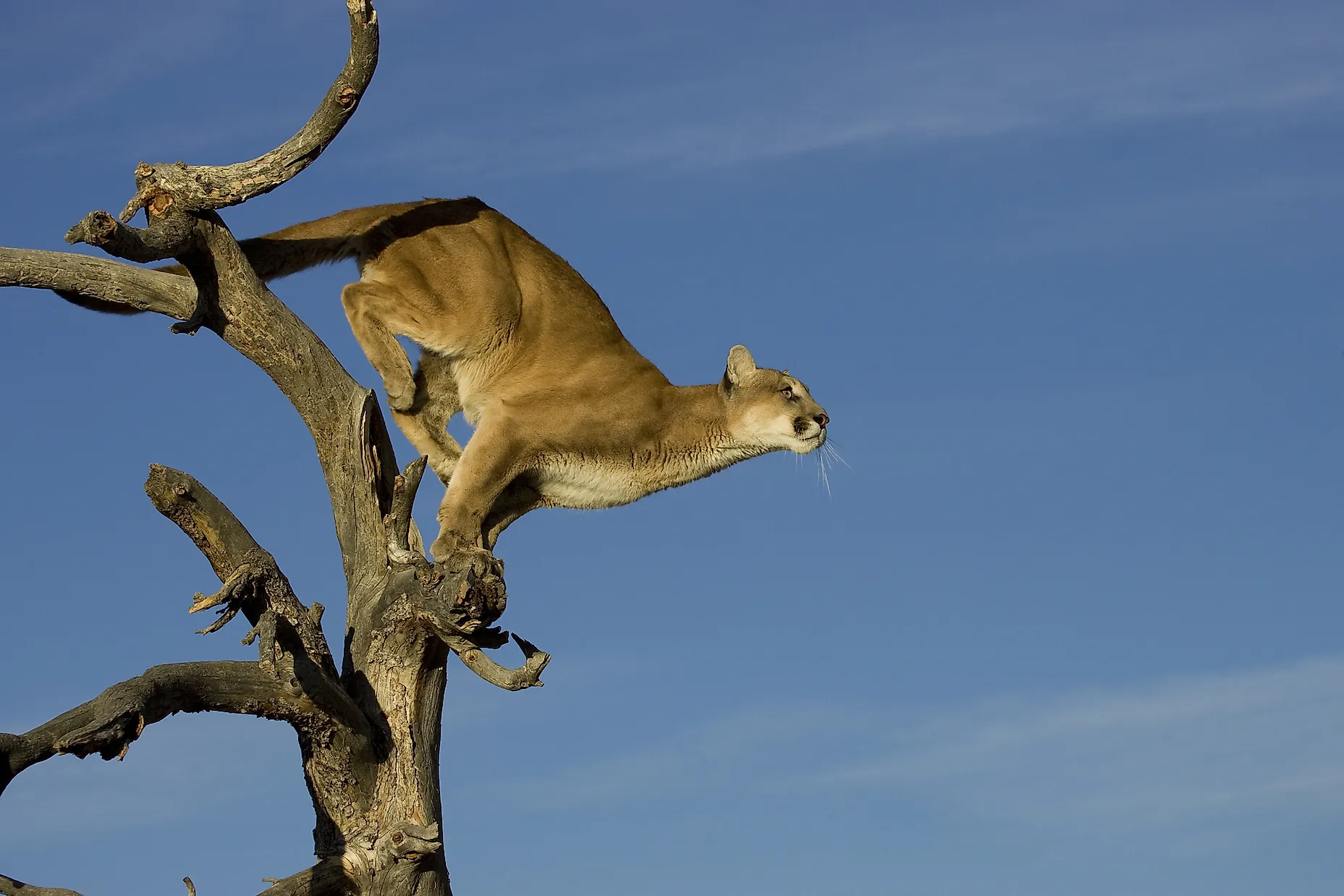

While the findings of this study address various claims regarding the biological and cultural evolution of humans, it also provokes a great non-scientific controversy. This analysis can unlock all sorts of secrets about the climate, diet, and geographical origins of the bones.

Analysis of stable isotopes involves examining the carbon or nitrogen atoms that can never decay.

For instance, research on stable isotopes in the bones of prehistoric humans, as well as hunting practices unique to humans, show that humans specialised in hunting large and medium-sized animals with high-fat content. Such evidence from human biology was also supported by archaeological evidence. They explain that while human behaviour changes rapidly, the evolution of the body is a slow process. While the entire ecosystem has changed drastically from the stone age, the researchers identified evidence by examining the memory preserved in current human bodies in the form of metabolism, genetics, and physical build. "But according to the findings of this study, plants only became a major component of the human diet toward the end of the era." "Archaeological evidence does not overlook the fact that stone-age humans also consumed plants," explained Dr Miki Ben-Dor of the American Physical Anthropology Association. However, as these conditions worsened, they finally forced humans to domesticate plants and animals, and become farmers. Researchers explain that at the end of the stone age, the combination of extinction of large animals, otherwise known as megafauna, with the decline of animal food sources led to an increase in vegetable intake in human diets. The popular belief until now has been that humans were able to survive due to their dietary flexibility, which allowed them to combine the hunting of animals with vegetable foods. This multidisciplinary reconstruction proposes a complete change in our understanding of human evolution, as it argues that humans evolved mainly as predators of large animals. To better understand our stone-age ancestors and their evolutionary food habits, researchers at Tel Aviv University reconstructed their nutritional intake, only to find that humans were apex predators for about two million years! This was not just an afternoon hobby, it was a way of life. In a world far older than our tame streets lined with fast-food joints, cafes and global supermarkets, a stone-age man stalked his large prey to attack it at the right moment with the most advanced stone tools available to him.


 0 kommentar(er)
0 kommentar(er)
